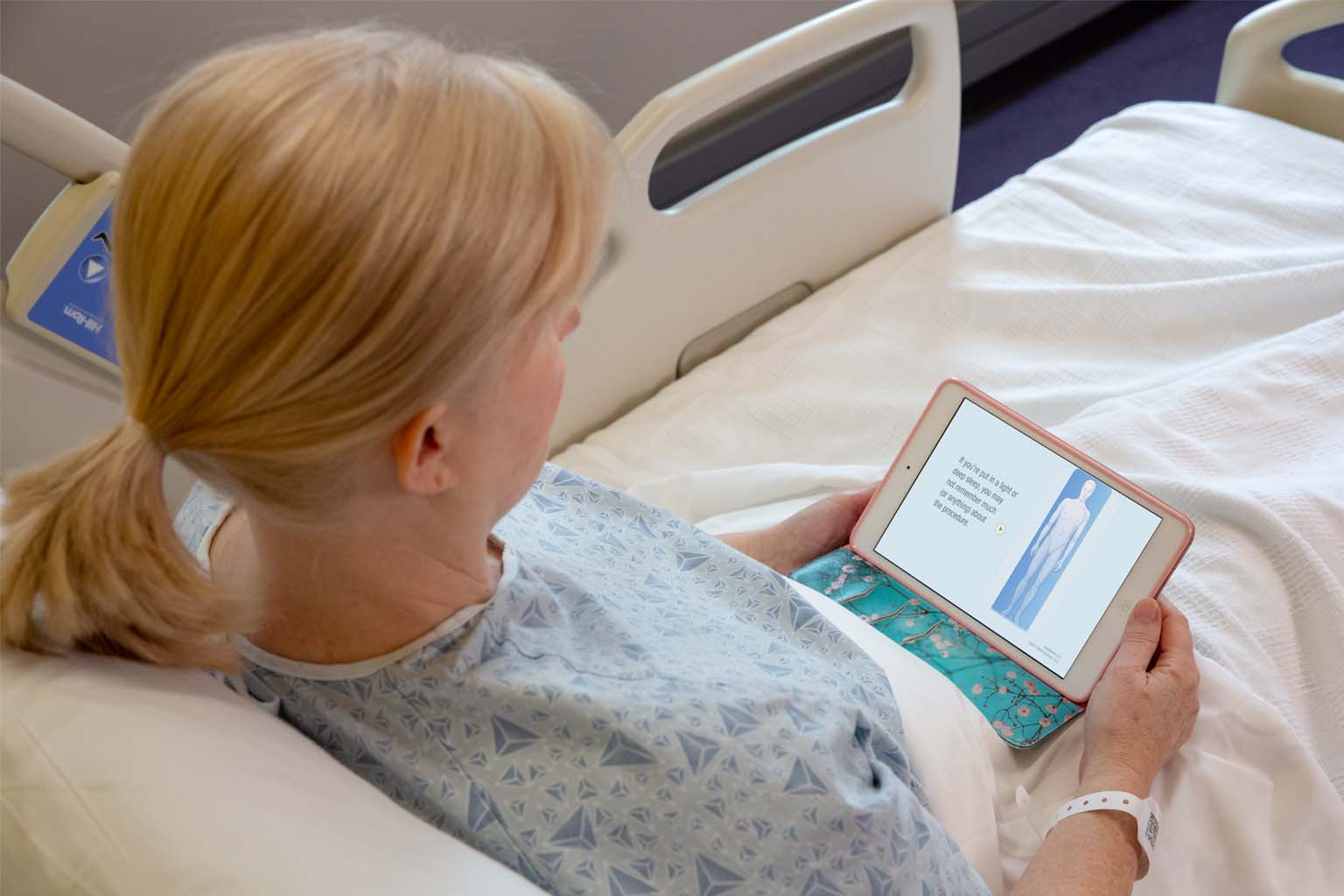Non-compliance with recommended drug compounding guidelines can be deadly. One of the best ways to keep patients from harm is to comply with USP Chapter 797. The guidelines set out in USP Chapter 797 were developed to prevent the improper handling and contamination of sterile drugs or preparations, known as Compound Sterile Preparations (CSPs).
Staff training is one of the most important parts of the USP 797 guidelines because personnel errors are often a problem with CSPs. Over a period of about two years, the FDA conducted 150 inspections at facilities that prepare CSPs. In 90 percent of these inspections, they found objectionable conditions, which were typically safety and sanitary problems. Some examples: workers wore soiled gloves, technicians wiped their faces, and staff didn't change gloves while preparing CSPs1.
Training staff on USP 797 compliance helps ensure that CSPs are properly prepared to compound CSPs safely. Here are 6 training tips that can help your compounding staff maintain compliance:
1. Do a thorough gap analysis
Once you determine the facility's CSP risk level, perform a gap analysis to determine your current compliance level with USP 797 by comparing your pharmacy's current procedures with USP 797 guidelines.
2. Emphasize personnel cleaning and garbing order
Proper attention to these two areas will go a long way to ensuring compliance. Utilize a training session to query your staff about cleaning and garbing. Make sure they know the order for donning personal protective equipment (PPE)2:
- Dedicated shoes or shoe covers
- Head and facial hair covers
- Face masks/eye shields
- A non-shedding gown
3. Teach and reinforce proper hand washing techniques
While this may seem like a very basic tip, it can be a frequent source of problems. According to the CDC, proper hand hygiene is the most important way to reduce the risks of microbe transmission; yet, healthcare workers violate this infection control procedure more than any other. What is the proper method? Wash hands for at least 30 seconds with warm water and soap3.
4. Teach staff correct documentation procedures
To prove compliance, everyone involved in CSP preparation must document all tasks performed and the documentation must clearly identify and explain what procedures were followed.5. Make sure staff are regularly evaluated on key procedures
One of the most important skills of compounding is proper aseptic media fill procedures. The facility should have a system in place to routinely qualify personnel using this procedure as an evaluation tool.
6. Develop and implement a systematic competency evaluation process
One of the best ways to ensure compliance is to utilize a web-based USP 797 training system that offers staff self-paced online learning, including interactive courses, video scenarios, and testing.
Proper USP 797 training on aseptic technique, hand cleaning and garbing methods are among most effective tools for ensuring that staff are properly trained to safely prepare CSPs.
References1. Eisler, Peter and Schnaars, Christopher. Safety, sanitary problems prompt many drug recalls. USA TODAY, 10-08-14.
2. The ASHP Discussion Guide on USP Chapter <797> Compounding Sterile Preparations. Table 2, page 12.
3. Kastango, Eric. 33 Tips for USP <797> Success. 2006.




